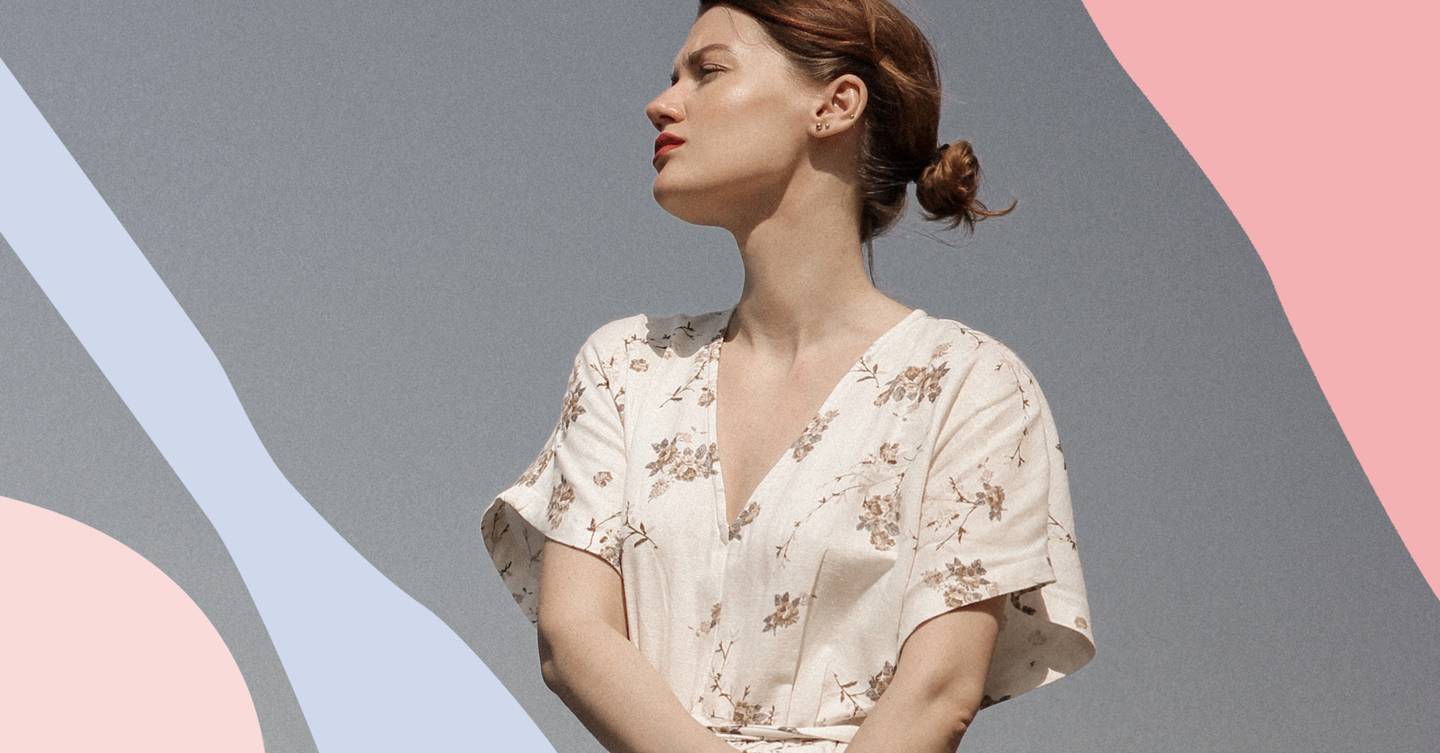I can vividly remember the first time one of my friendships fell apart. I logged onto Bebo (remember?) and saw that Rachel* had removed me as her ‘other half’. We were 13 and, up until that point had been the best of friends, but after that she stopped talking to me completely. I never did find out what went wrong.
Then there was Olivia*, we drifted apart after she moved in with her boyfriend at uni. Sophie*, a former roommate who became disillusioned by me and Natalie*, who was at the receiving end of some misinformed gossip following a breakdown from a break up that I was never able to correct.
Lately, memories of these failed friendships have made an unwelcome visit to my brain just before I fall asleep. Like a gut punch taunting me about mistakes I’ve made and people I’ve lost because of it.
Instead of reflecting on the beautiful friendships I do have, both the old ones that have thrived since childhood, and the new ones quietly blossoming into something brilliant, my subconscious is dragging up past woes for me to ponder.
But I’m not the only one. For many people, the pandemic and subsequent lockdowns have offered a unique chance to reflect on our lives and determine the things that are important to us.
“With the pandemic being a significant threat to our lives, the magnitude certainly creates an atmosphere where we are becoming more reflective of life’s major pillars, from our careers to our relationships,” psychologist Lee Chambers tells Glamour.
Counselling Directory member Dee Johnson adds that we’ve had the opportunity to evaluate the truth in our relationships and our lifestyle choices – ultimately realising how precious our time really is.
“Taking time to reflect can be a valuable process for identifying what helps and hinders us and thereby making the right personal decisions to either let go of problematic or painful situations or valuing and growing what we have as opposed to taking it for granted,” Johnson says.
For me, it seems this time of reflecting has brought up memories of friends who have come and gone, for whatever reason. It’s forced me to take a step back and look at what I could learn from it, what my part was in it and the things I would have done differently.
“Evaluating is determining the worth and significance by looking at how these friendships have left you feeling, believing and behaving and how they either supported or reduced you psychologically and emotionally,” Johnson explains. “Hindsight can be helpful if you evaluate objectively.”
The friendships I’ve been reflecting on mostly happened in my teens and early 20s, which is actually a pivotal age when it comes to people coming and going from your life. A 2016 study from Oxford University and Aalto University in Finland found that post-25, your social circle starts to shrink dramatically.
“Friendships are a vital part of our human experience, and because of that, we must make mindful decisions about who is an active part of our lives,” Chambers says. “Friendships need an element of balance and harmony, and while they can go through periods of challenge, every friendship should be healthy for both parties. There needs to be some consistency of contact, and an ability to be your authentic self and be able to share.”
There’s an old concept that says friends come into your life for a reason, a season or for a lifetime and while you should certainly hold onto friendships that add meaning, it’s okay to let friendships fade as well.
“Letting people fade is not about a massive fall out, it’s purely as we grow and develop our needs and desires change,” Johnson says. “We live in a culture of pressure, high expectation and even self-judgment by benchmarking our self-worth by the amount of social media ‘friends’ and ‘likes’ we get. It is impossible to hold onto everything that comes our way in life.”
There are many things we can learn from friendships that have come and gone – namely it can give us a guide for how to navigate future relationships. It helps us to see the traits and values that are meaningful in a relationship and it helps us see the part we played in this imbalance of harmony.
“With our failures giving us more awareness, a chance to learn and more focus on what we do want in our friendships, it gives us the opportunity to continue to cultivate a life that is purposeful and meaningful, be clearer on our friendship needs, and share our lives with other humans who we share special connections with,” Chambers says.
“We can see areas where we may need to do more, set more defined boundaries and be prepared for the challenges that all friendships have, as failed friendships provide the blueprint to be more resilient and mindful in the friendships we do want to flourish.”
So while it’s okay for me to feel sad about losing the friends I once knew and loved, like most things in life it presents a learning opportunity and helps me appreciate the wonderful friends I do have even more. If we weren’t in the middle of a pandemic I’d be running to give one of them a hug right this second.
*For obvious reasons, names have been changed.
